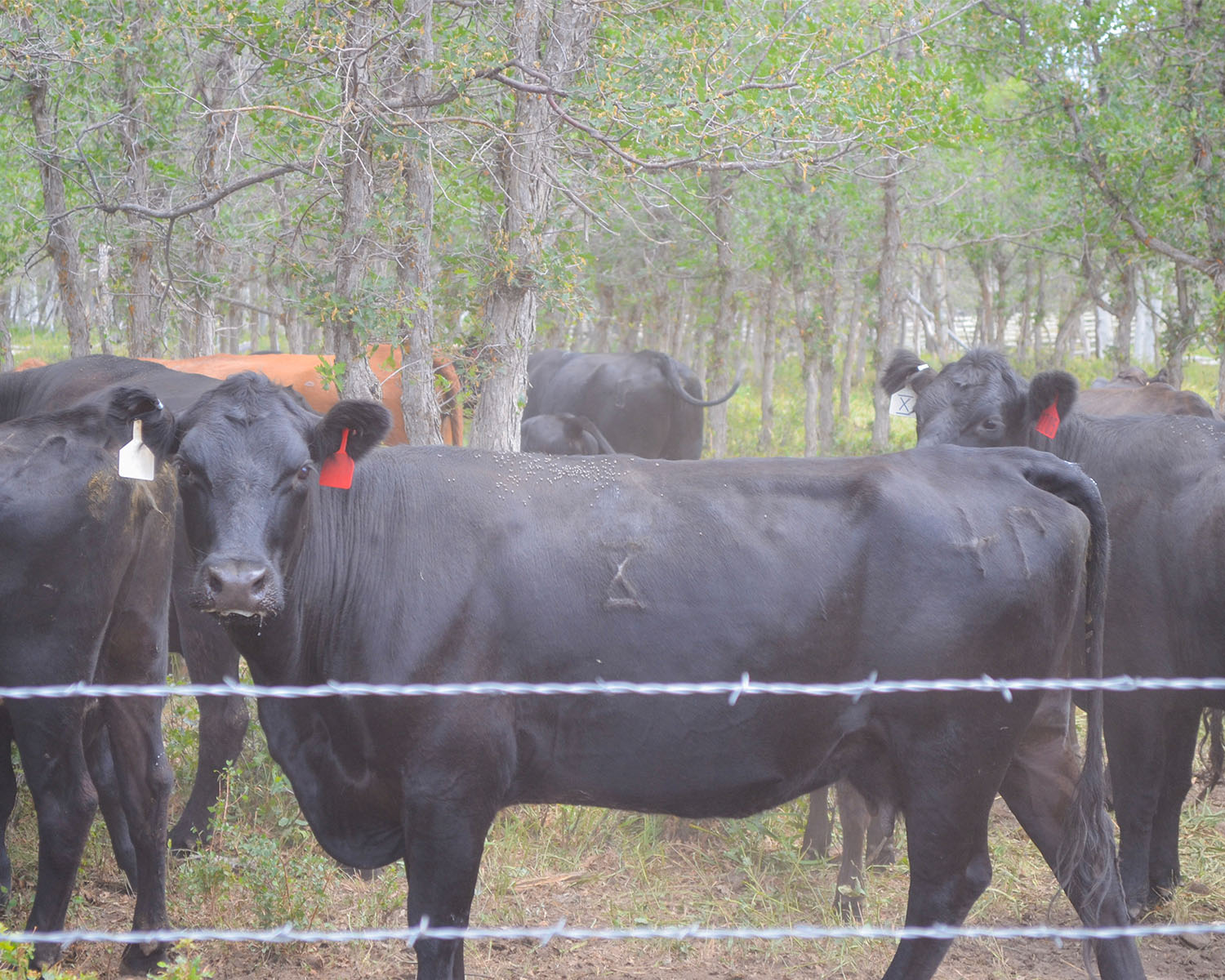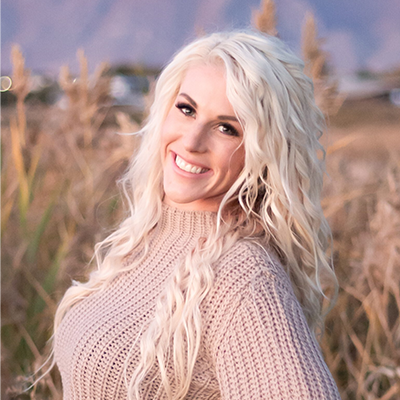When it comes to managing cattle nutrition, one aspect that can be overlooked outside of the winter season is the supplementation of forage nutrients, especially if your herd is currently grazing pasture or quality rangeland.
However, supplementation can be especially important during the late summer months when the quality of cool-season grasses tends to decline due to seed head production. As the plants mature and stop growing, their protein and energy values decrease, which can have a significant impact on your cattle's health and productivity.
In this article, we'll explore when supplementation is necessary, how to determine the need for it, and the various supplementation strategies that you can adopt to ensure your herd stays healthy and productive.
Why Supplement Forage Nutrients?
The decline in forage quality as the summer progresses poses a challenge for ranchers. As plants mature, they take longer to digest, slowing down cattle's ability to consume enough forage to meet their energy and protein requirements. This is especially a concern if your cows are being bred or are already bred for spring calving. To maintain their health and reproductive vigor, it may become necessary to supplement their energy and protein intake.
When is Supplementation Necessary?
Determining the need for supplementation involves consistent monitoring. Here are some key indicators to keep an eye out for:
Forage Appearance:
Keep an eye on your pasture's forage. If you notice stem elongation, less leaf material, and more seed head emergence, it's a clear sign that the plant is maturing and nutrient value is declining.
Manure Appearance:
Pay attention to your herd's manure. If the patties start to "stack" or become firmer than usual, it could indicate that their forage is not providing enough nutrients.
Body Condition Score (BCS):
Regularly record your herd's average BCS. Cows that maintain a BCS of 6 have been shown to have up to 88% more success in re-breeding and conception.
Forage Analysis:
Forage quality can vary, even within the same pasture. Consider testing your forage, especially if you plan to stockpile it for fall or winter use. This will help you determine your supplementation needs accurately during those seasons as well.
How to Prioritize Your Supplementation Strategy
While building your supplementation strategy, it’s important to remember that priority should be placed on meeting your herd’s protein requirement first. Optimal protein content in the diet will maximize forage intake and digestion. Energy supplementation has even been shown to be ineffective if dietary protein is insufficient, which could put a huge drain on your profit margin.
Only after your protein supplementation plan has been identified should you determine your energy supplementation needs, and then your micronutrient needs can follow.
Considerations for Supplementing Forage Nutrients
If you find that supplementation is necessary to maintain your cattle's health and productivity, here are some key concepts to consider:
Supplementing Protein:
When supplementing protein for your herd, keep in mind that protein from plant origin tends to contribute to better utilization of low-quality roughages compared to nonprotein nitrogen sources (urea and biuret). However, nonprotein nitrogen sources may be more effective under the following conditions:
- Greater than 0.5% of body weight (BW) concentrate (energy supplement) is being fed.
- Larger, more mature animals are being fed the supplement.
- The protein deficiency in the diet is minimal.
- A blend of plant protein and nonprotein nitrogen sources is being fed.
- The supplement is provided in a form that animals frequent more than once a day.
Supplementing Energy
As a general rule of thumb, energy feeds can be supplemented when forage availability is not adequate to meet your herd’s energy requirement. In most cases, 1 pound of an energy-dense feed can replace 1.5 to 2 pounds of forage. Note that this can get expensive quickly if you’re over-supplementing, which is why it’s necessary to understand how energy requirements vary depending on your herd’s physiological state, and frequently monitor your herd’s BCS.
Free Choice vs. Hand Fed Supplements:
Consider the method of supplementation that suits your operation best. Free-choice supplements have been known to increase protein intake and reduce labor needs compared to hand-fed supplements. They also enable you to strategically place supplements in under-utilized areas to maximize grazing distribution and keep your herd focused on grazing there.
Interval Feeding
Studies have shown that cattle do not need to receive supplemental feeding every day. It could be more cost-effective for your operation to feed supplements on 2, 4, or 6-day intervals, as long as the weekly amount of supplementation remains the same; this would limit the cost associated with labor and transportation required to feed supplements.
Conclusion
In conclusion, supplementation of forage nutrients is an investment that may be necessary during certain periods of the year when pasture or rangeland alone cannot meet your herd's nutrient requirements.
It's important to stay proactive and monitor your cattle's condition and forage quality to determine when supplementation is needed. Remember that it's easier and more cost-effective to keep up with your herd's nutrient demands than to play catch-up later with supplementation. By ensuring your cattle receive the necessary nutrients, you can maintain their health and productivity, ultimately benefiting your ranching operation in the long run.

%20(1).jpg)



.webp)





